Tishah B’Av & Tu B’Av
Tishah B’Av
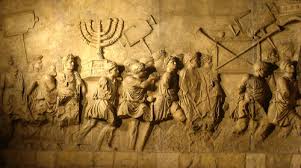 Tishah B’Av, which means the “Ninth of Av”, refers to a traditional day of mourning the destruction of both ancient Temples in Jerusalem. Reform Judaism, however, has never assigned a central religious role to the ancient Temple. Therefore, mourning the destruction of the Temple in such an elaborate fashion did not seem meaningful. More recently, in Reform Judaism Tishah B’Av has been transformed into a day to remember many Jewish tragedies that have occurred throughout history. If the 9th of Av falls on a Saturday, the fast is postponed until the 10th of Av.
Tishah B’Av, which means the “Ninth of Av”, refers to a traditional day of mourning the destruction of both ancient Temples in Jerusalem. Reform Judaism, however, has never assigned a central religious role to the ancient Temple. Therefore, mourning the destruction of the Temple in such an elaborate fashion did not seem meaningful. More recently, in Reform Judaism Tishah B’Av has been transformed into a day to remember many Jewish tragedies that have occurred throughout history. If the 9th of Av falls on a Saturday, the fast is postponed until the 10th of Av.
Tisha B’av is August 10 – 11 this year.
Tu B’Av
Tu BРІР‚в„ўAvР’В (the 15thР’В of the month of Av) arrives shortly after the mourning period that leads toР’В Tishah BРІР‚в„ўAv, the date on which the First and Second Holy Temples were destroyed.
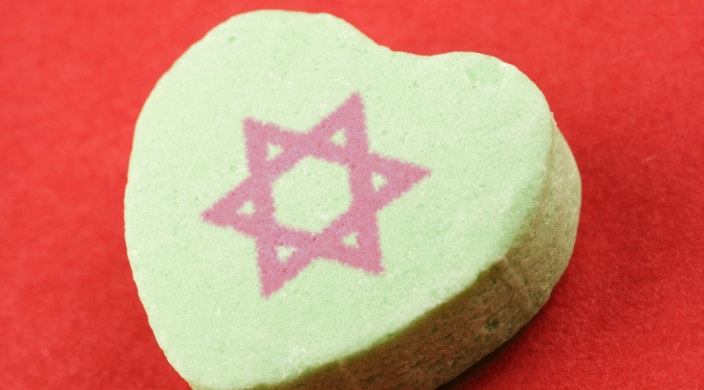 Throughout much of Jewish history, Tu B’Av, a rabbinic holiday,was not well known and became more popular upon the establishment of the State of Israel. It is regarded as a “Jewish Valentine’s Day” and is considered opportune for dating, romance, engagements, and marriage. Tu B’Av is a regular workday, and the only special observances that are mandated are the changes to daily prayers, as on other holidays. Still, it is also a day on which celebrations are held in Israel throughout the different sectors of society.
Throughout much of Jewish history, Tu B’Av, a rabbinic holiday,was not well known and became more popular upon the establishment of the State of Israel. It is regarded as a “Jewish Valentine’s Day” and is considered opportune for dating, romance, engagements, and marriage. Tu B’Av is a regular workday, and the only special observances that are mandated are the changes to daily prayers, as on other holidays. Still, it is also a day on which celebrations are held in Israel throughout the different sectors of society.
Tu B’av is August 15 – 16 this year.


 Two Twisted Sisters Productions and Temple Beth Tikvah present author Daniel M. Cohen, discussing his book
Two Twisted Sisters Productions and Temple Beth Tikvah present author Daniel M. Cohen, discussing his book 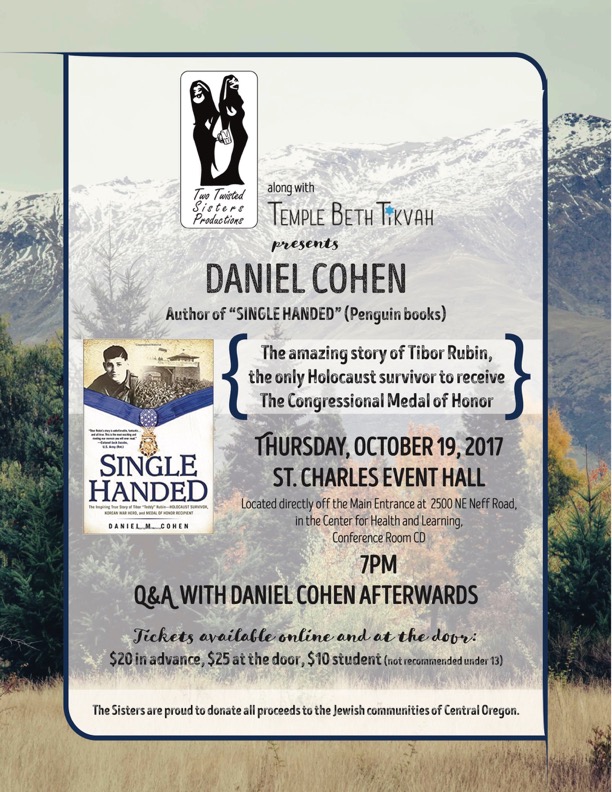
 {loadposition dpcalendarupcomingmodule}
{loadposition dpcalendarupcomingmodule}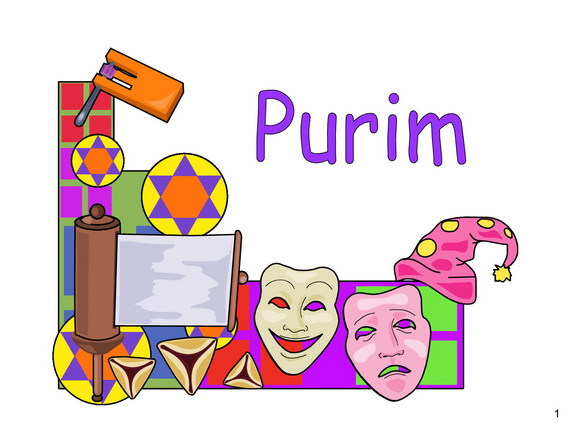 Purim, which falls on March 11th this year, is a festive holiday that’s celebrated with a rowdy public reading of the Book of Esther, dressing in costume, eating delicious hamantaschen cookies, having festive parties, and more.
Purim, which falls on March 11th this year, is a festive holiday that’s celebrated with a rowdy public reading of the Book of Esther, dressing in costume, eating delicious hamantaschen cookies, having festive parties, and more. Sukkot, a Hebrew word meaning “booths” or “huts,” refers to the Jewish festival of giving thanks for the fall harvest, as well as the commemoration of the forty years of Jewish wandering in the desert after Sinai. Sukkot is celebrated five days after Yom Kippur on the 15th of Tishrei.
Sukkot, a Hebrew word meaning “booths” or “huts,” refers to the Jewish festival of giving thanks for the fall harvest, as well as the commemoration of the forty years of Jewish wandering in the desert after Sinai. Sukkot is celebrated five days after Yom Kippur on the 15th of Tishrei.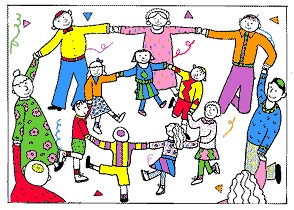 Simchat Torah is one of the most joyous holidays in the Jewish calendar and the one that marks the ending of the High Holy Day season. Traditionally, Simchat Torah is considered the Birthday of the Torah, it literally translates to “The Celebration of Torah!” Simchat Torah is a joyous festival where we celebrate Jewish learning, reading, studying and community.
Simchat Torah is one of the most joyous holidays in the Jewish calendar and the one that marks the ending of the High Holy Day season. Traditionally, Simchat Torah is considered the Birthday of the Torah, it literally translates to “The Celebration of Torah!” Simchat Torah is a joyous festival where we celebrate Jewish learning, reading, studying and community.